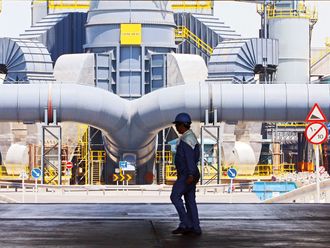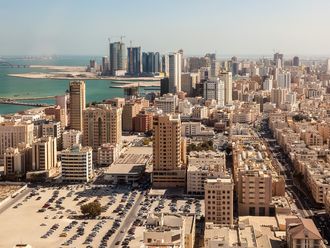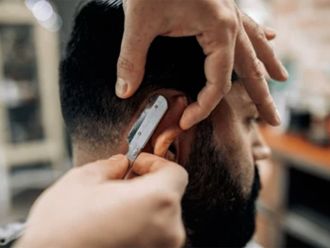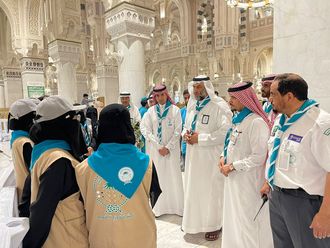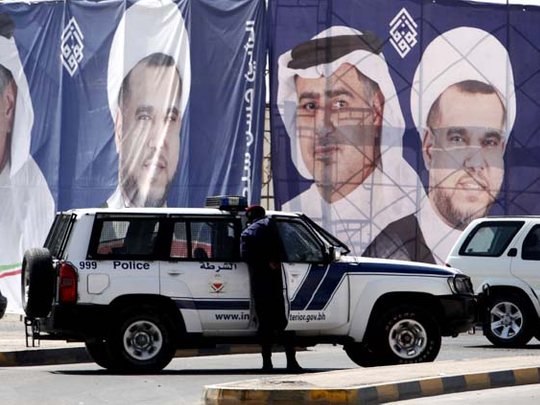
Manama: Bahrain's newly elected politicians are in the midst of a power struggle for the key positions in the lower chamber.
The conflict comes hot on the heels of the final round of the parliamentary election on October 30, which ushered in a new parliament, in which 22 of the 2006-2010 members were re-elected. A total of 17 have been elected for the first time and just one is a veteran of the 2002-2006 government.
Al Wefaq and a number of independent politicians hold 35 of the 40 seats, Al Asala has three and the Islamic Menbar holds two.
The largest party in the 2006-2010 lower chamber, Al Wefaq emerged as the leader, carrying the 18 constituencies in which it fielded candidates.
The society had 17 politicians in the previous term and fully supported an independent candidate who later refused to follow the party line after disagreeing with its members.
This year, however, Al Wefaq was not taking any risks and fielded its own candidate.
With a total of 18 politicians, it aspires to take the much-coveted position of Speaker from Khalifa Al Dhahrani, an independent politician, who held it for the last eight years and who has already expressed a wish to hold on to it for the next four.
However, Al Wefaq, in the face of stiff opposition from the 22 other MPs who are to support Al Dhahrani, will most likely be content with the position of First Deputy Speaker, which allows its holder to chair debates in the absence of a Speaker.
The position is likely to be a test for Al Wefaq to prove its aptitude in conducting debates in the lower chamber.
The party, which first entered parliament in 2006, had an opportunity to take the second most powerful position, but missed it after the 17-member party, in a move that observers attributed to its lack of experience, staged a protest by walking out and refusing to sign up.
Sources at Al Wefaq say a meeting will be held soon to select the head of the parliamentary party, as well as nominees for the key positions in the lower chamber and the permanent committees.
However, sources say that Khalil Marzooq, the deputy head of the party in the last term, has a strong chance to be nominated by his society, to lead the new team in which only 10 members were politicians in the 2006-2010 government and eight are making their debut.
Other contenders for the leadership include Abdul Jalil Khalil and Abdali Mohammad Hassan, both of whom have had prominent profiles in the last four years.
The position of second deputy speaker will most likely go to an independent politician, following the gains they made last month. From nine in 2006-2010, they are now 17, making them the second largest party in the lower chamber.
A combination of businessmen and IT specialists, they include Othman Sharif, a member of the 2002-2006 legislative term and have vowed to improve the performance of the lower chamber.
They are openly keen to secure the positions a number of heads of permanent parliamentary committees, as well as that of speaker.
However, Al Asala, one of the major losers in the elections, has gone from having eight to three MPs and is expected to lobby for support from independent politicians to keep its chairman Ganem Al Buainain as Deputy Speaker.
The society, which represents Salafism in Bahrain, will also attempt to rally at least three of the independent politicians to its ranks and boost its tally to six.
The Islamic Menbar is likely to have at least one more MP. If both societies succeed in their attempts to boost their ranks, the number of independent politicians will be slashed from 17 to 13.




